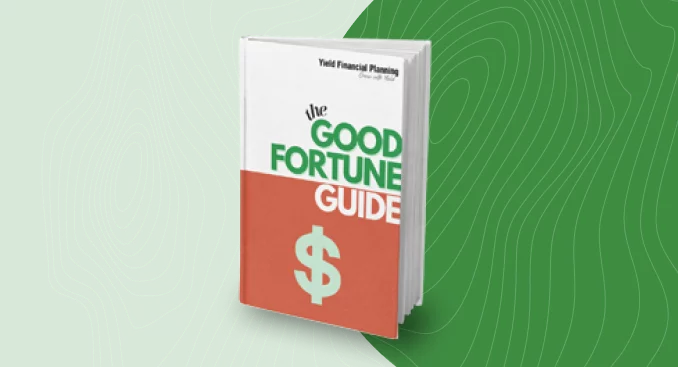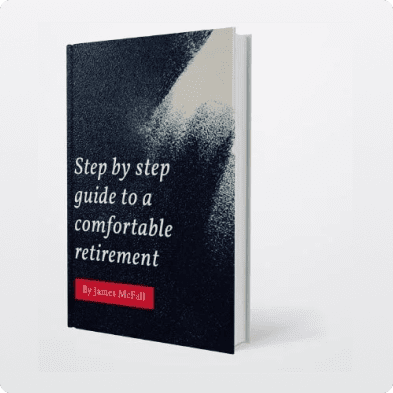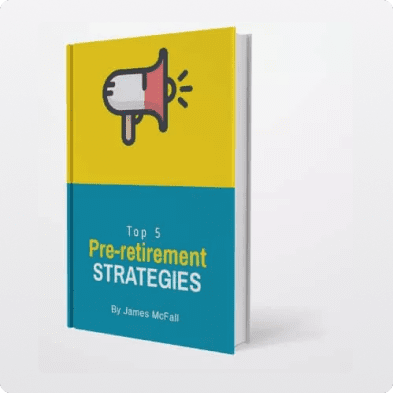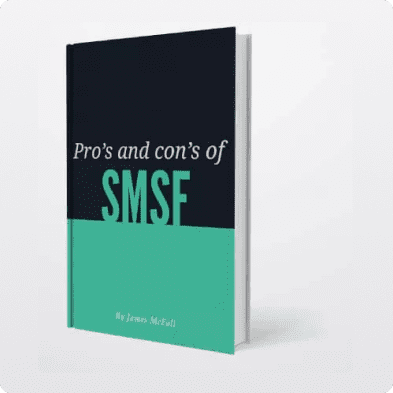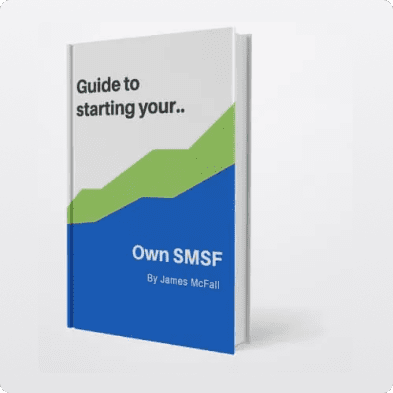Over the Christmas period, my family and I took a holiday down the coast and as I often do, I found myself browsing the property on sale at the local real estate agents. It’s a pass time enjoyed by many and it’s easy to get caught up in the possibilities of owning a holiday retreat. Who doesn’t like the idea of having a home away from home in a beautiful place where memories can be created? But, are holiday homes good investments?
The reality can be very different from the fantasy, and this is especially true when you try and blend lifestyle with property investment.
It would probably not surprise you then, that over the years I’ve talked to hundreds of people that have considered buying a holiday home as part of their wealth creation strategy and while it can work for some people, the fantasy can be very different to the reality. Are holiday homes good investments? Below are seven things to think through, before taking the plunge.
1. Cyclical Demand
Demand is typically linked to the wealth effect. When the economy is strong, unemployment is low, share markets and/or property are strong, then people feel and are wealthier and it is at this time where they are more likely to feel in a position to afford a family holiday home. In these periods you can often see growth in a sought after holiday spot, followed by potentially long periods of value stagnation or even decline.
Take Noosa in Queensland as an example. In January 2008 the Noosa Heads median for units was $820,000. Just two years later, after the impact of the global market crash had a chance to filter through and really affect the underlying economy, the median price was only $560,000 – a fall of 31.7%. After bottoming in 2013 at $430,000, it has staged some recovery to $540,000 in 2015. A bounce brought on by the more positive economy and knock on wealth effect, we’ve described.
2. People Sell Their Holiday Home Before Their Own Home
When the economy is weak, unemployment is high, stock market and/or property markets are down, people can be suffering financial hardship. At these points people will do all they can to hold their family home. It is always the last thing people are prepared to let go of and given the choice, the holiday home is on the chopping block.
When supply is greater than demand, it is not unusual to either see properties sit, unable to be sold or sold at big discounts to the value they could achieve in a more buoyant market. The GFC saw a lot of this and Noosa is just one example.
But when you compare this performance to suburbs where owners of these properties might reside themselves, the picture can be very different. Over the same period, in Hawthorn Victoria for example, the median price only fell from $1.2M to $1.15M, or a fall of 4.12% and it has subsequently had a fairly steady rise to $1,650,000 in 2015. The unit price performed similarly, dropping initially in 2008 from $370,000 to $348,750, or a fall of 5.74% and it has subsequently had a fairly steady rise to $550,500.
3. The Time You Want to Use the Property is When it Will Rent for The Most
Often when people are considering the investment value of a holiday home, they think about the potential amount they could rent it for at peak times. When considering purchasing while you’re on holiday, it’s easy to get an idea of what rent you might achieve, as you’re currently paying rent for the place you’re staying in. When considering rentals during peak times, it starts to seem like a sensible property investment, the problem is that it is likely the exact time you would like to use it yourself. It’s therefore important to be really clear on what you are buying it for. A ski chalet for example will rent for big bucks in the peak skiing season, but is that when you visualise you want to use it?
4. Holiday Homes are Usually Short Stay, Increasing Leasing Agent and Housekeeping Costs
The amount you pay a leasing agent will usually be higher as a percentage than what you would pay for a rental agent helping you with a long stay lease. This is because they have a lot more to do keeping your property regularly tenanted, and this comes directly off any income return you make. Housekeeping costs, including keeping linen clean, are incurred for each and every stay and quickly add up. This reduces the profitability, as these costs are deducted directly from the rent received.
5. Maintenance
Besides the everyday leasing cost, it’s not unusual for a beach side or country holiday house to have land. Land that has a garden needs to be maintained and if you don’t pay someone to do this, then it usually means that the time you spend down there, which is meant to be relaxing, ends up being a busy time devoted to maintenance.
Buildings need ongoing maintenance as well, but this is a cost you could incur regardless of which investment property you choose, so always be very aware of the buildings condition as part of the purchase decision.
6. Life Gets in The Way
While on holiday it can be easy to forget how little time you may have to actually enjoy the holiday house. I know that for my family, during the school term, kids sport makes it nigh on impossible to get away without missing it, which we’d obviously prefer to avoid.
You may have extra curricular activities yourself that are done on weekends. If not, try and look into your future a little. Do you have young kids that before long will be like mine? Do you have elderly parents that might need some regular assistance soon?
If this is true for you, then you might find that the time you have to actually use your holiday house is in the peak times, when you would otherwise achieve your best rental rates, which might have been the attraction for buying the property in the first place.
7. Convenience
How close to home is the holiday house you are thinking of buying?
The reality is that the further away from home a holiday house is, the less likely you are to use it. Travel time eats into leisure time and can quickly be a deterrent from getting away.
The closer to home you consider buying, the more likely you are to use it, but it’s also likely that this equates to a higher purchase cost, which can increase the opportunity cost of having the resources to purchase another investment.
Remember, you can’t buy a holiday home you intend to use in an SMSF.
Want to better understand whether holiday homes are good investments? Contact us to arrange a free no obligation meeting.
Written by James McFall – Financial Planner and founder of Yield Financial Planning.


